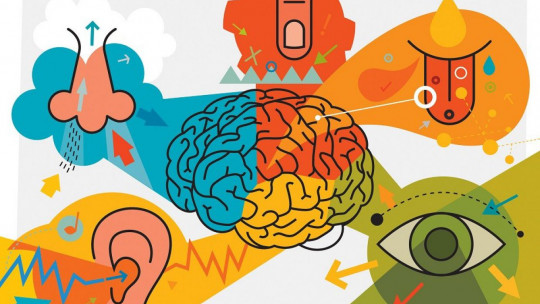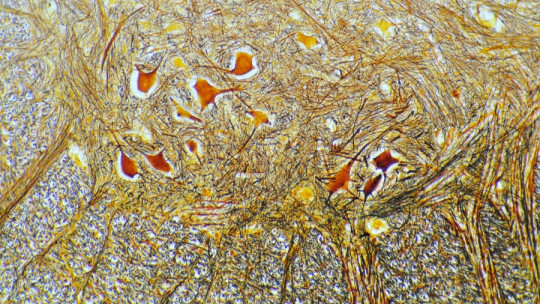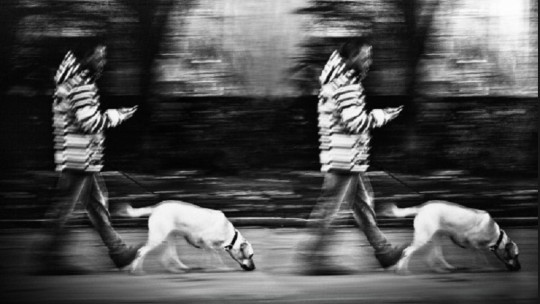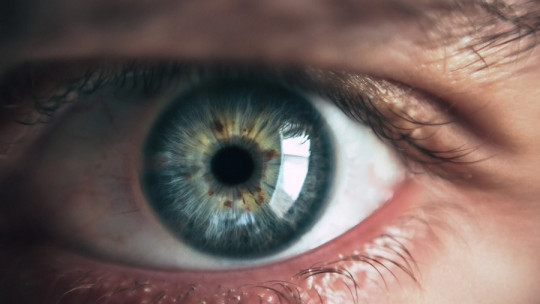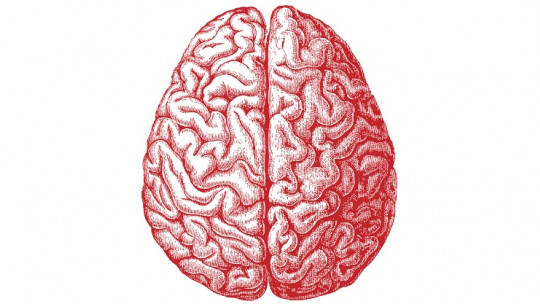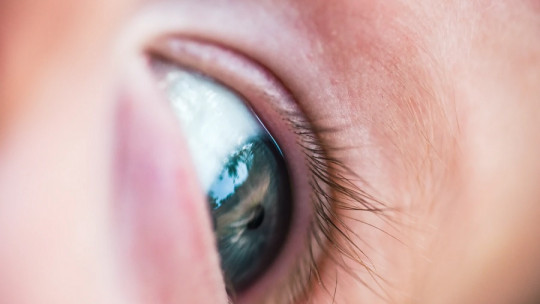What are the differences between sensation and perception? Resolving this question is a little more complicated than it might seem because, to begin with, the idea of what sensation is and what perception is are exchanged in popular language.
From experimental psychology there is a special fascination towards these two phenomena, and they are often investigated in the laboratories of all the faculties of behavioral science.
Below we are going to discover what the real meanings of these two terms are so that we can clearly see what they are. the main differences between sensation and perception and understand its particularities.
How to distinguish between sensation and perception
The words “sensation” and “perception” are well known in everyday language. If we were to go down the street and stop someone to ask them to define these two terms, they would surely tell us that sensation is the subjective interpretation of a stimulus in the environment while perception would be the simple fact of perceiving such stimulus. He wouldn’t be very wrong, except for the minor detail that he would have confused the definition of both terms.
In science, Sensation is the objective part and perception is the subjective part of the sensory-perceptual process The sensation corresponds to the sense organs, which capture the “pure” physical stimuli, converting them into nervous impulses and sending them to the brain where the perception will be carried out, that is, the interpretation of such stimuli and the association with previous information. knowledge, emotions…
With this brief clarification that perception is actually sensation and vice versa, we have already briefly introduced one of their main differences. However, to understand them more thoroughly, we will first define in greater depth what we mean by sensation and perception from experimental psychology.
What is the sensation?
As we mentioned, sensation is popularly understood as the subjective experience associated with a stimulus. We see proof of this in such everyday grammatical constructions as “I have/it gives me the feeling of…”, denoting a certain margin of opinion and subjectivity (e.g., I get the feeling that it is a warm color, I have the feeling of it’s too salty…)
In science, however, sensation is objective. It refers to the capture of a physical stimulus, without subjective interpretations involved It involves receiving a stimulus, registering it and encoding the information in the sensory organs so that it travels through the neuronal pathways or nerves and reaches the brain.
For example, if we see a flower in the field, the sensation part would be that the image of that flower (the light) travels to the cells of our retina and is captured in the form of different wavelengths. The rods and cones of the retina would convert that physical stimulus into nervous impulses, which would travel to the areas of the brain in charge of visual information. Over there, The information would be processed and the interpretation would be given that it is a flower, more or less pretty This last step would be perception.
The process that gives rise to the sensation can be schematized as follows:
1. Physical stimulus
The physical stimulus It is the matter or energy that affects an organ of sense For example: sound, light, chemical substance, electricity, heat…
2. Physiological response
The physiological response in the sensation process refers to the set of activities at the level of the sense organs that convert the stimulus into electrical impulses to travel through the nerves and reach the central nervous system.
3. Sensory experience
Sensory experience is the psychological, subjective and individual experience of the stimulus This is a part belonging to the process of perception.
The sensations differ qualitatively and quantitatively. They do it qualitatively in the sense that we find many different types of sensations captured by different organs: visual, gustatory, olfactory, tactile, acoustic, pain… And they do it quantitatively insofar as there are softer or weaker stimuli and others that are more intense, such as for example the volume of a sound, the luminosity of a light source, the hardness of a texture…

What is perception?
We have commented on it previously, but we will return to this idea to make it clearer. In basic psychology, perception is understood as a subjective process, a complex interpretation of reality It is the process of constructing and attributing meaning to the physical stimuli that the organism has captured, as would be the case of seeing that we are seeing a flower or that we hear a beautiful song. Without this process, the capture of stimuli would remain just that, physical phenomena apparently isolated from each other.
Perception is the way an individual experiences reality. They are the interpretations processed by the brain of the information captured through sensation, of the raw sensory information captured from the environment. Such interpretations are influenced by the interaction of three factors:
Perception has always aroused fascination in basic and experimental psychology , especially because the way our perceptive apparatus works determines the image of the world we build. Since ancient times, philosophers have wondered how the mind knows, perceives and processes its reality, giving rise to all kinds of reflections on the relationship between the real, objective world and subjective perception.
Main differences between sensation and perception
Now that we understand what sensation and perception are, it’s time to see what their main differences are. Fundamentally we can highlight four:
1. Reaction vs. elaboration
Sensation is a reaction, while perception is an elaboration Sensory experience is the reaction to physical stimuli, whether internal or external, captured by the sense organs.
On the other hand, perceptual experience is a subjective elaboration of the information captured by the sensory organs, based on interests, habits, memories and data associations. Sensations, to be converted into perceptions, require the central nervous system to recover mnemonic data (memories) from past experiences to attribute meaning to them.
2. Reception and capture
Sensation involves receiving, and perception involves grasping By this we mean that sensation consists of receiving “plain” physical stimuli, such as sounds, images, textures… while perception establishes relationships between them, interpreting and seeing characteristics of the sets of stimuli and capturing their meaning.
- Related article: “Parts of the human brain (and functions)”
3. Simplicity vs. complexity
Sensation is an elementary process, caused by the mere incidence of a stimulus on the receiving organs. Instead, perception is a much more complex psychological phenomenon where several areas of the brain are involved and information processing is carried out, integrating it.
4. Immediacy
Sensation is a much more immediate process than perception since the first takes place directly in the sense organs while the second involves several steps: first, that the information is encoded in a nervous impulse, then it travels through the nerves and then it reaches different parts of the brain where it is transmitted. It will be decoded, interpreted as a particular type of information and made sense of.


